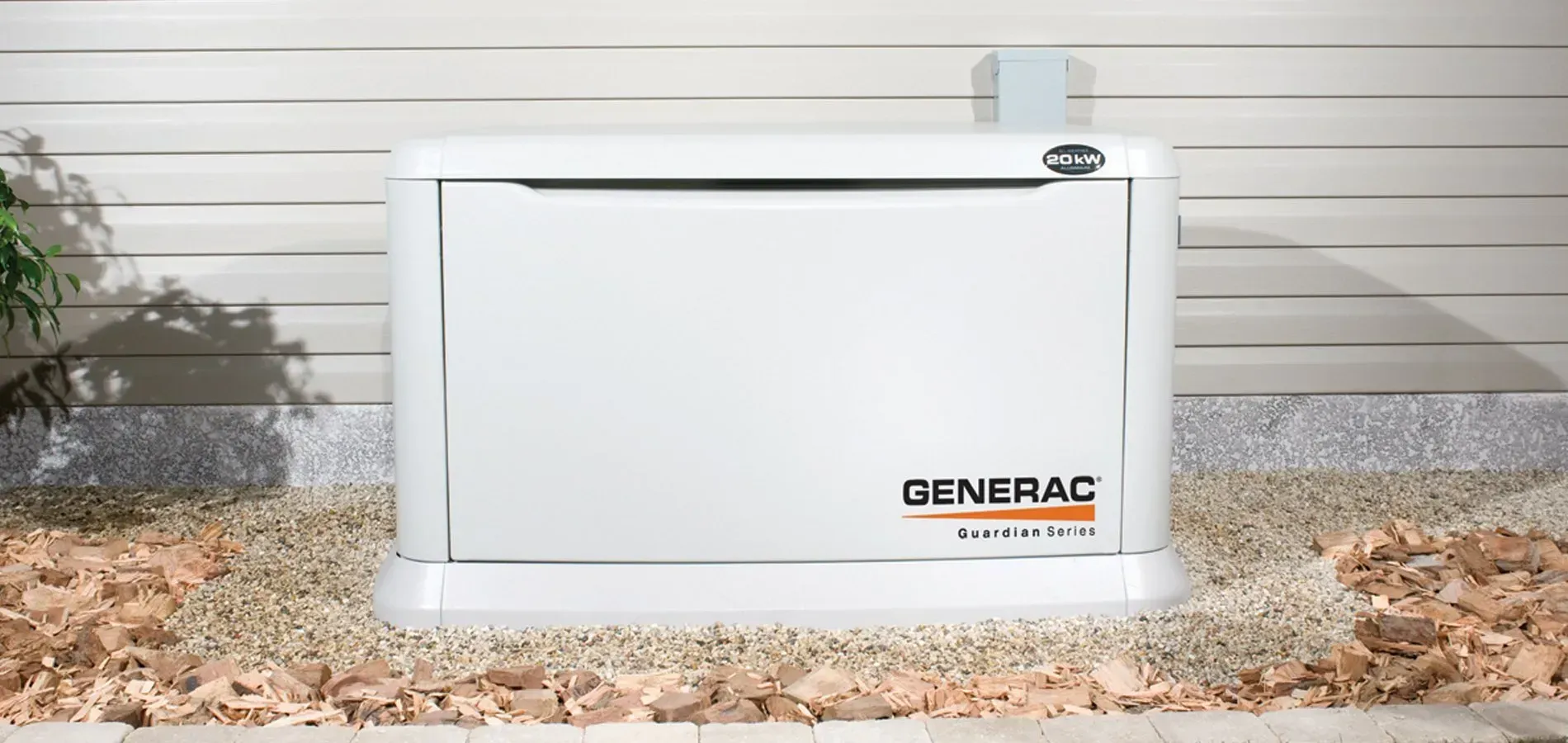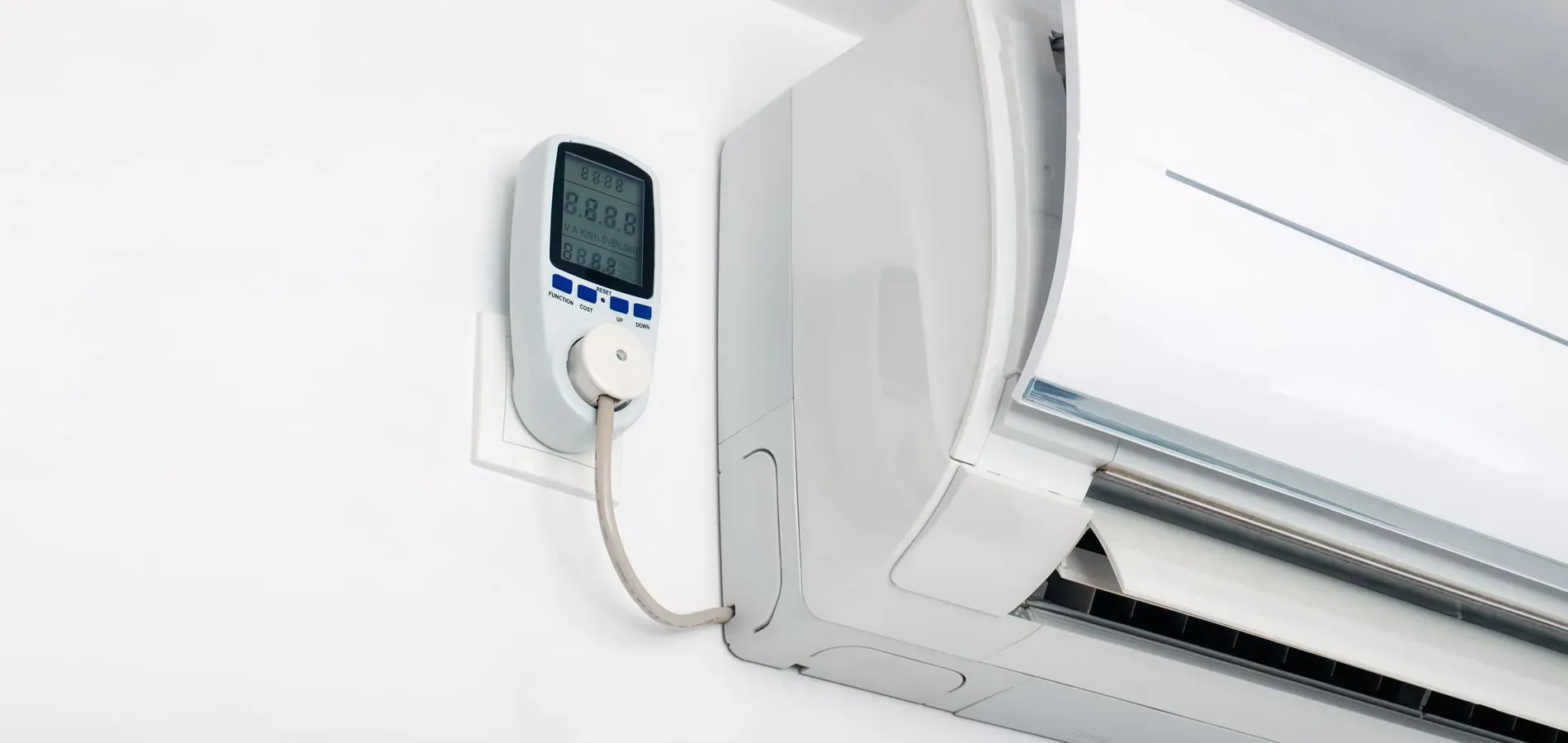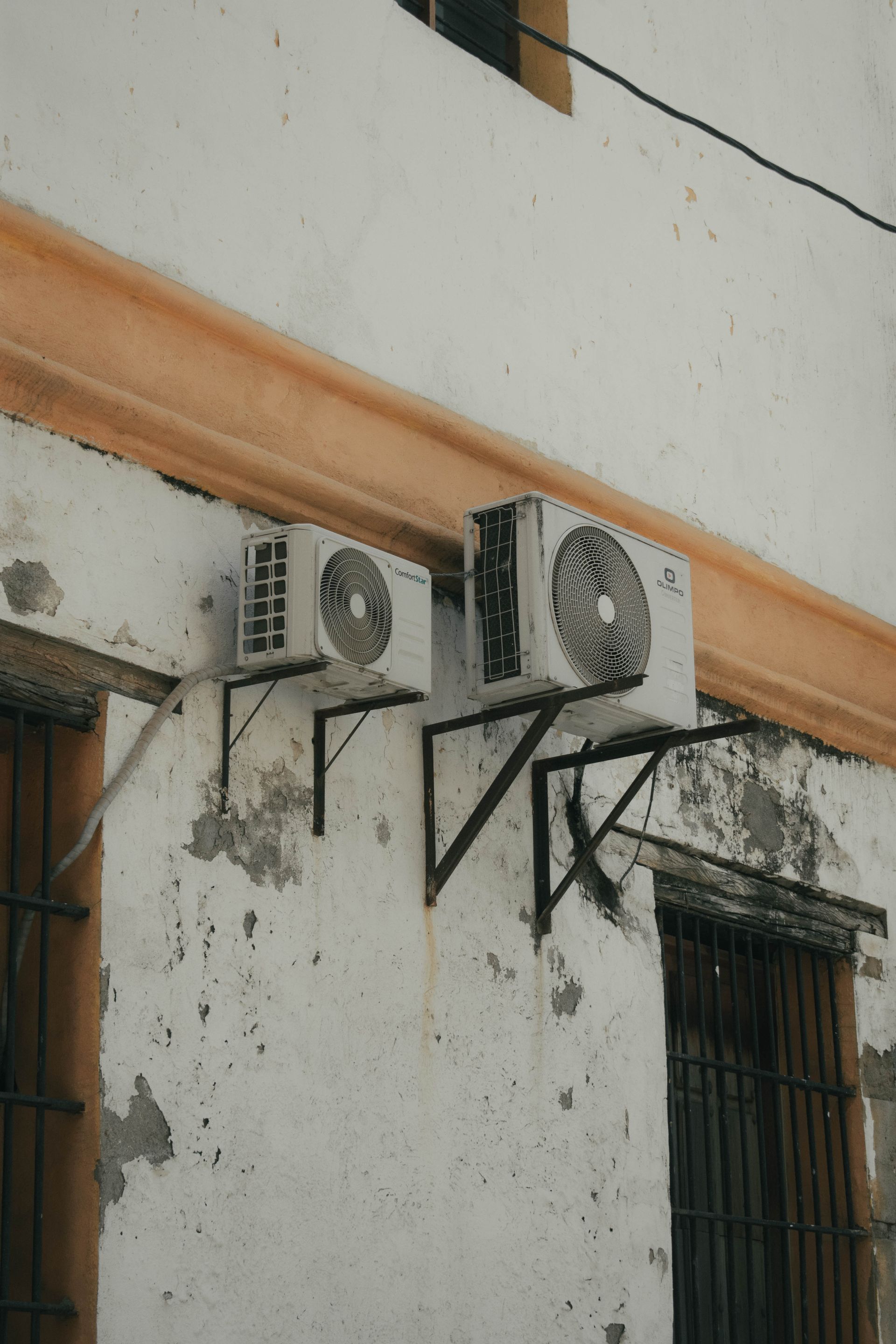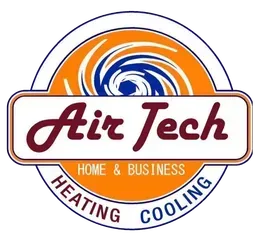How to Choose the Right HVAC Contractor: An A+ Guide
When it comes to ensuring the comfort and efficiency of your home's heating and cooling system, selecting the right HVAC contractor is crucial. HVAC contractors play a vital role in keeping your system running smoothly from installation to maintenance and repairs. Choosing a reliable and experienced HVAC contractor can save you time, money, and headaches in the long run.
Air Tech Heating & Cooling is your trusted partner for all your HVAC needs. With years of experience in the industry, we have built a reputation for delivering top-notch service and expertise to our customers. At Air Tech, we prioritize customer satisfaction and take pride in our commitment to excellence.
This comprehensive guide will walk you through the essential steps to choose the right HVAC contractor for your home. From assessing your needs and researching potential contractors to evaluating experience and expertise, we'll cover everything you need to know to make an informed decision.
By following our tips and guidelines, you can ensure that you select an HVAC contractor who meets your requirements and provides quality service. At the end of this blog, you will feel confident and empowered to choose the HVAC contractor that best fits your needs.
What Is a HVAC Contractor
HVAC contractor is a professional responsible for installing, repairing, and maintaining heating, ventilation, and air conditioning systems. They play a crucial role in ensuring optimal comfort and air quality in residential and commercial spaces.
Here are the key responsibilities of an HVAC contractor:
- Installation: HVAC contractors install new heating and cooling systems, ensuring they are properly sized and configured to meet the specific needs of the space.
- Repair: When HVAC systems break down or malfunction, HVAC contractors diagnose the issue and perform necessary repairs to restore functionality.
- Maintenance: Regular maintenance is essential for prolonging the lifespan and efficiency of HVAC systems. HVAC contractors perform routine inspections, cleaning, and tune-ups to keep systems running smoothly.
- System Upgrades: HVAC contractors can recommend and install energy-efficient upgrades, such as programmable thermostats or high-efficiency HVAC units, to improve comfort and reduce energy costs.
HVAC contractors play a vital role in ensuring the comfort and functionality of heating and cooling systems in homes and businesses. Their expertise and services are essential for maintaining optimal indoor air quality and energy efficiency.
When Should You Hire an HVAC Contractor
In home maintenance, there comes a time when DIY solutions just won't cut it. That's where an HVAC contractor steps in, providing unmatched expertise and paramount service to keep your heating, ventilation, and air conditioning systems running smoothly. But when exactly should you call in the pros? Let's delve into five scenarios where hiring an HVAC contractor is not just beneficial but essential.
Installation of New HVAC Systems
Installing a new HVAC system is a significant undertaking that requires precision and expertise. A skilled HVAC contractor will ensure that your new system is installed correctly, maximizing its efficiency and lifespan. From sizing the unit to installing ductwork and configuring the thermostat, every aspect of the installation process is crucial for optimal performance. Attempting to install a new HVAC system without the proper knowledge and tools can lead to costly mistakes and subpar results.
Repairs and Troubleshooting
When your HVAC system malfunctions or exhibits signs of trouble, it's essential to address the issue promptly. An experienced HVAC contractor can diagnose the problem accurately and implement the necessary repairs to restore your system to full functionality. Whether it's a faulty thermostat, a refrigerant leak, or a malfunctioning compressor, a skilled contractor will have the expertise to resolve the issue efficiently and effectively. Attempting DIY repairs on complex HVAC components can not only worsen the problem but also pose safety risks.
Routine Maintenance and Tune-Ups
Regular maintenance is paramount for keeping your HVAC system operating at peak performance and efficiency. An HVAC contractor can provide comprehensive maintenance services, including cleaning, lubricating moving parts, inspecting electrical connections, and checking for any signs of wear and tear. By scheduling routine tune-ups with a professional contractor, you can prevent costly breakdowns, extend the lifespan of your system, and ensure optimal comfort year-round. Plus, many HVAC contractors offer service agreements that include regular maintenance visits for added convenience.
Indoor Air Quality Concerns
Indoor air quality is a significant concern for many homeowners, especially those with respiratory issues or allergies. An HVAC contractor can assess your indoor air quality and recommend solutions to address common issues such as dust, pollen, mold, and volatile organic compounds (VOCs). From installing air purifiers and UV germicidal lights to sealing ductwork and improving ventilation, there are various strategies that HVAC contractors can employ to enhance indoor air quality and promote a healthier living environment.
Energy Efficiency Upgrades
With energy costs on the rise, many homeowners are seeking ways to improve the energy efficiency of their HVAC systems. An HVAC contractor can evaluate your existing system and recommend upgrades or modifications to reduce energy consumption and lower utility bills. This may include installing programmable thermostats, upgrading to high-efficiency HVAC equipment, or sealing duct leaks to minimize energy loss. By investing in energy efficiency upgrades, you can not only save money on your monthly energy bills but also reduce your carbon footprint.
5 Steps to Hire an HVAC Contractor

When it comes to ensuring your home's comfort and safety, choosing the right HVAC contractor is paramount. Whether you need installation, repair, or maintenance services, finding a reliable and experienced HVAC contractor is essential for the job. In this guide, we'll walk you through five simple steps to help you hire the best HVAC contractor for your needs.
Step 1: Assess Your Needs
Before you start searching for an HVAC contractor, take some time to assess your specific needs. Are you looking for installation services for a new HVAC system, or do you need repairs for your existing unit? Do you require routine maintenance to keep your system running smoothly? Understanding your needs will help you narrow down your options and find a contractor who specializes in the services you require.
Step 2: Research Potential Contractors
Once you've determined your needs, it's time to start researching potential HVAC contractors in your area. Start by asking friends, family, and neighbors for recommendations. Additionally, conduct online research to find contractors with positive reviews and testimonials. Look for contractors who have a proven track record of delivering high-quality work and excellent customer service.
Step 3: Evaluate Experience and Expertise
When choosing an HVAC contractor, experience and expertise are key factors to consider. Look for contractors who have been in the industry for several years and have extensive experience working with a variety of HVAC systems. Additionally, inquire about the contractor's expertise in specific areas, such as installing or repairing certain types of HVAC units. A contractor with specialized knowledge and skills will be better equipped to handle your HVAC needs effectively.
Step 4: Check Credentials and Compliance
Before hiring an HVAC contractor, it's important to verify their credentials and ensure they comply with all relevant regulations. Check to see if the contractor holds the necessary licenses and certifications required by your state or local authorities. Additionally, confirm that the contractor carries adequate insurance coverage for liability and workers' compensation. By hiring a licensed and insured contractor, you can have peace of mind knowing that you're working with a reputable and reliable professional.
Step 5: Request Detailed Quotes
Once you've narrowed down your options to a few potential HVAC contractors, it's time to request detailed quotes. Be sure to provide each contractor with the same information about your project so that you can compare quotes accurately. Ask for quotes that include all necessary equipment, materials, labor, and any additional fees. Compare the quotes based on price, scope of work, and timeline to determine which contractor offers the best value for your money.
Key Takeaway
When searching for the right HVAC contractor, thorough research is paramount. Start by assessing your specific needs, budget, and timeline. Seek recommendations from friends, family, and online sources. Look for contractors with extensive experience and expertise in your type of HVAC system. Verify their licenses, certifications, and insurance to ensure compliance with regulations. Request references and portfolios to evaluate their past work.
Communication and customer service are key factors to consider. Choose a contractor who is responsive, professional, and attentive to your needs. Obtain detailed quotes from multiple contractors and compare them based on price, scope of work, and timeline. Don't forget to inquire about warranties and service agreements to safeguard your investment.
Selecting the right HVAC contractor requires careful consideration and thorough evaluation. By following these steps and guidelines, you can make an informed decision and ensure a successful HVAC project. Contact Air Tech today to learn more about our services and how we can meet your HVAC needs.




